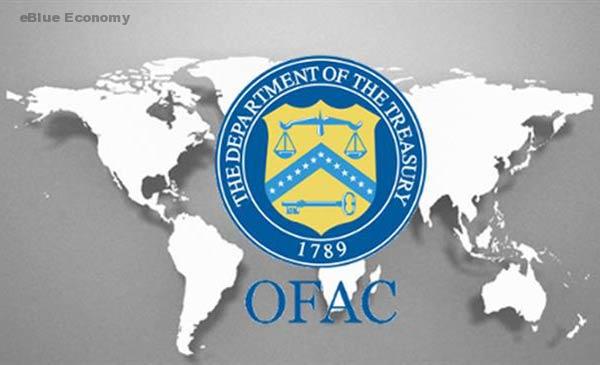
The U.S. Office of Foreign Assets Control (OFAC) offered guidance on “deceptive shipping practices” in May 2020 – advising shipping companies, traders, banks, etc. to review counterparties for how they operate their vessels. This included screening for ship-to-ship (STP) transfers, “dark activity” (significant durations without a properly functioning identification system on a vessel), and other factors.
Despite the guidance, many shipping companies and other players in the maritime ecosystem didn’t feel the urgency to implement OFAC’s recommended measures, until Russia’s invasion of Ukraine fundamentally changed the shipping and maritime worlds (and many other spheres)…
From a trade restrictions/sanctions perspective, a new framework for judging business decisions has quickly emerged.
A two-tier business world is emerging – those who will do business with Russia and Russia-affiliated entities, and those who will not. Temptation is high – shipowners and charterers report they are being offered 8-10 times the market rate just for lifting crude oil from Russia!

The Office of Foreign Assets Control (“OFAC”) of the US Department of the Treasury administers and enforces economic and trade sanctions based on US foreign policy and national security goals against targeted foreign countries and regimes, terrorists, international narcotics traffickers, those engaged in activities related to the proliferation of weapons of mass destruction, and other threats to the national security, foreign policy or economy of the United States.
The Problem with Separate Counterparty Due Diligence
Shipping has always used complex corporate structures, making it more difficult for shipping companies to understand who they are doing business with. But in this current climate, shipping companies and other maritime ecosystem players will not be allowed to plead ignorance. They will be expected to know exactly who they are doing business with, despite the complexities involved, and this includes a drill-down to counterparties on the periphery. This means counterparty entities such as factories, ports, refineries, mines, trucking companies, etc., as well as the key employees of these organizations.
Teaming with LexisNexis Risk Solutions to Fill the Void
In the last few months, our clients and users – as well as practically everyone in shipping and trading – have been under tremendous pressure to up their game very quickly on everything related to counterparty due diligence
. Listening to their challenges and requirements, we have built crucial and complementary due diligence capabilities into our market-leading AI maritime platform.
By utilizing LexisNexis Risk Solutions’ best-in-class data, our Counterparty Due Diligence (CDD) capability provides Windward’s customers with a screening feature that enables them to go beyond the maritime ecosystem and screen all companies and individuals, both non-maritime and maritime. It will empower our users with a one-stop-shop, enabling them to:
- Possess an integrated search capability – merging Windward’s proprietary ownership and vessel databases with LexisNexis Risk Solutions’ global database. So when users search for a person or a company, they’ll receive a single list, instead of running two searches constantly and then having to manage the delta
- Screen any person or company in the world for adverse media coverage and politically-exposed persons or entities (PEPs), and utilize watchlists. This expands Windward’s pool of screenable entities by two orders of magnitude
- Case manage, investigate, and save audit reports
- Set up repeating watch lists to ensure on an ongoing basis that counterparties are not implicated in immoral or illegal behavior

At the beginning of the Russia-Ukraine war, Windward offered organizations access to our platform for a period of two weeks. We discovered that a large segment of the shipping and trading ecosystem has remained underserved in everything related to due diligence and compliance.
We believe that our new capability is another important step toward supporting the shipping companies, traders, and other key players in the maritime ecosystem to trade with confidence.

Sources: WINDWORD + other sources














